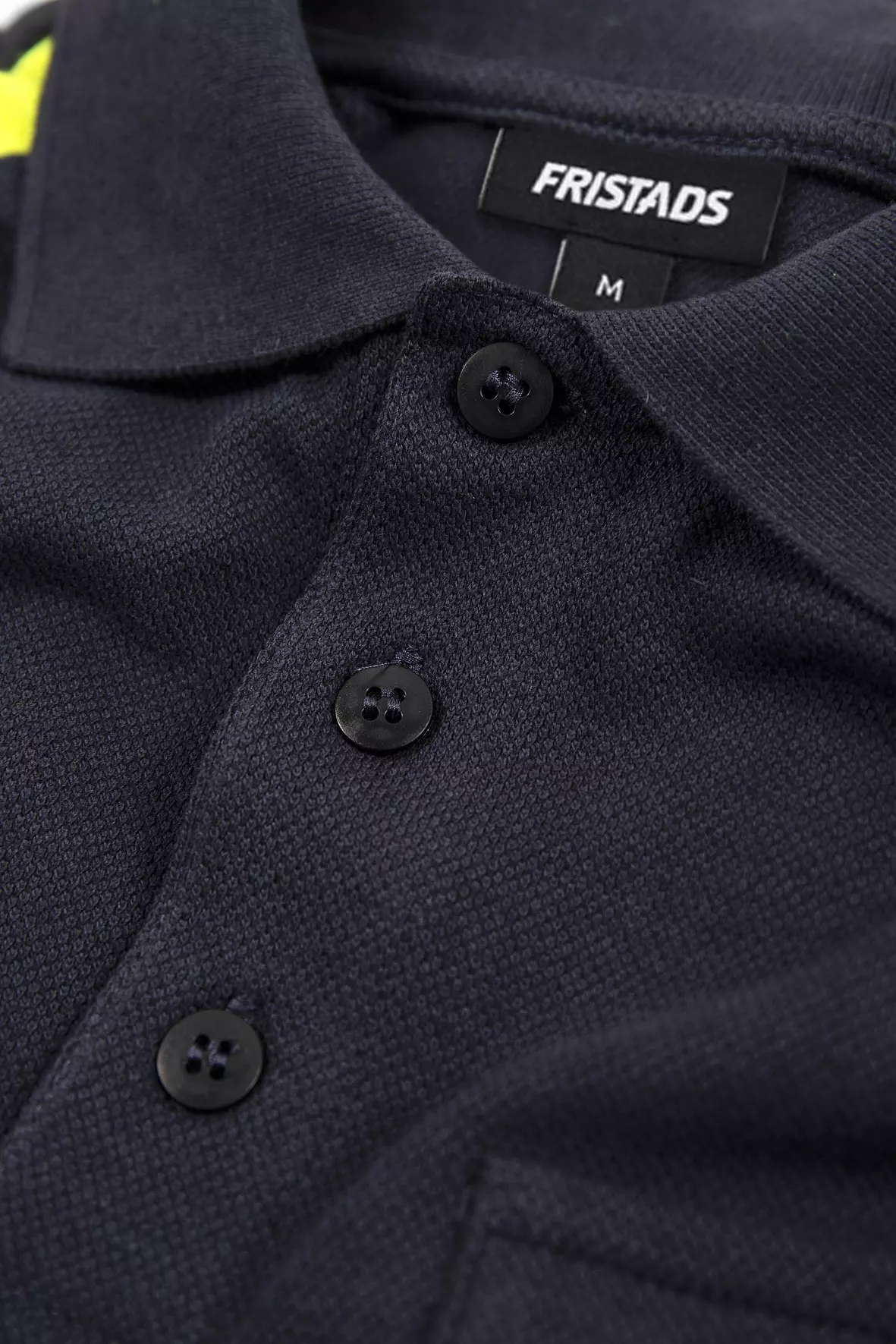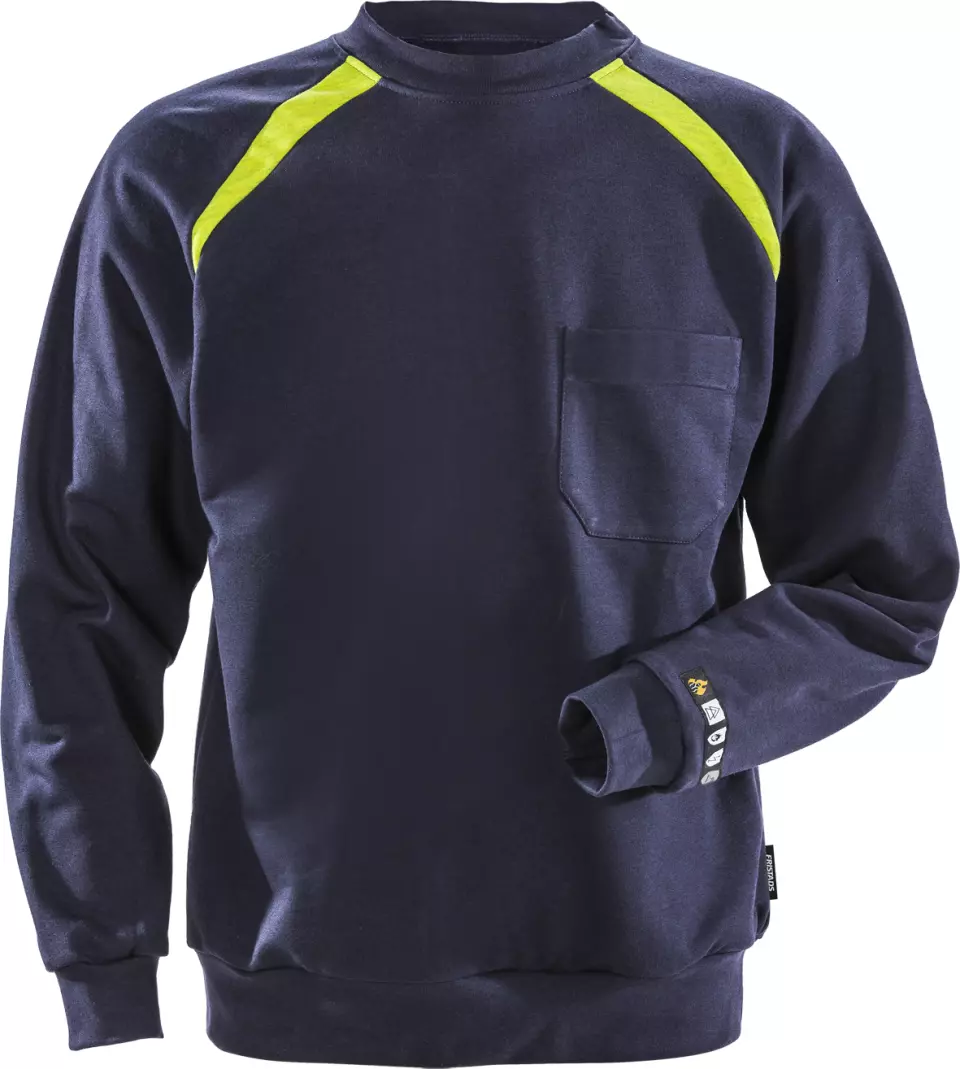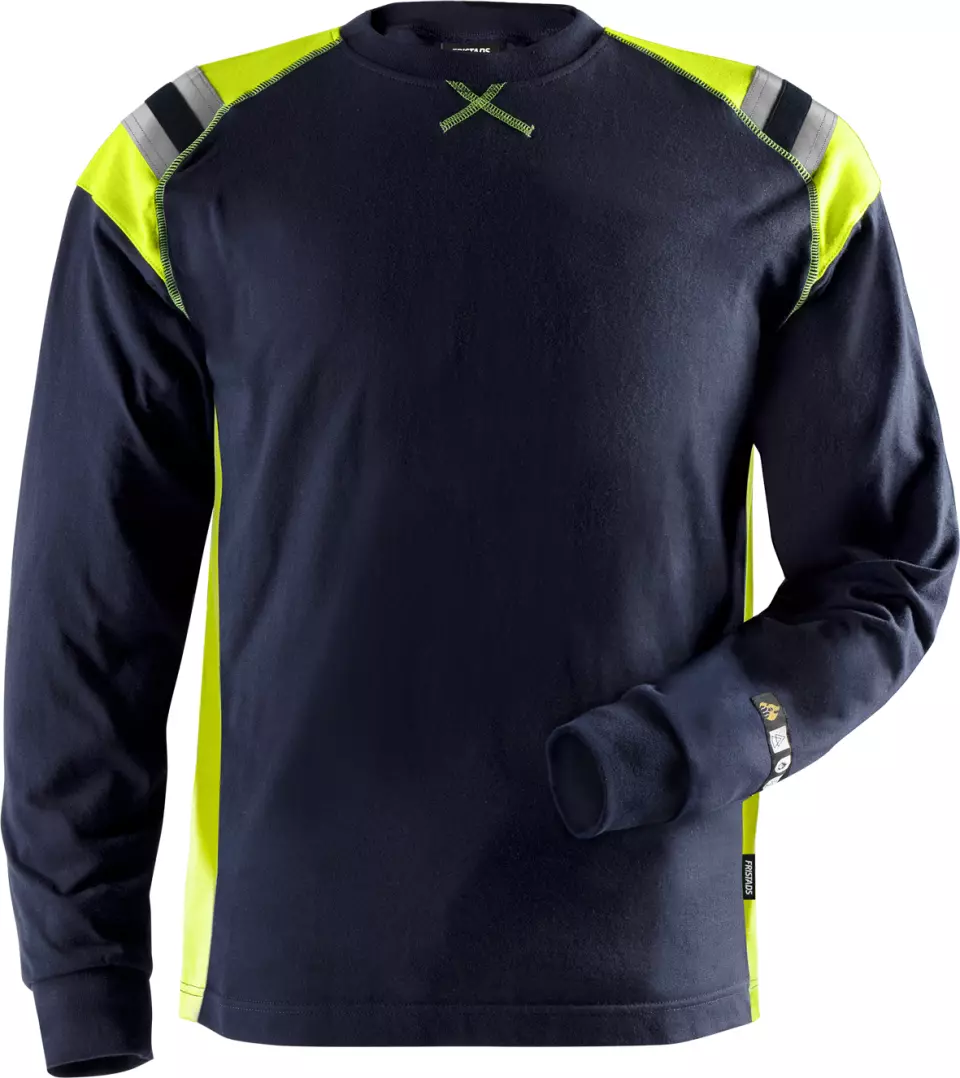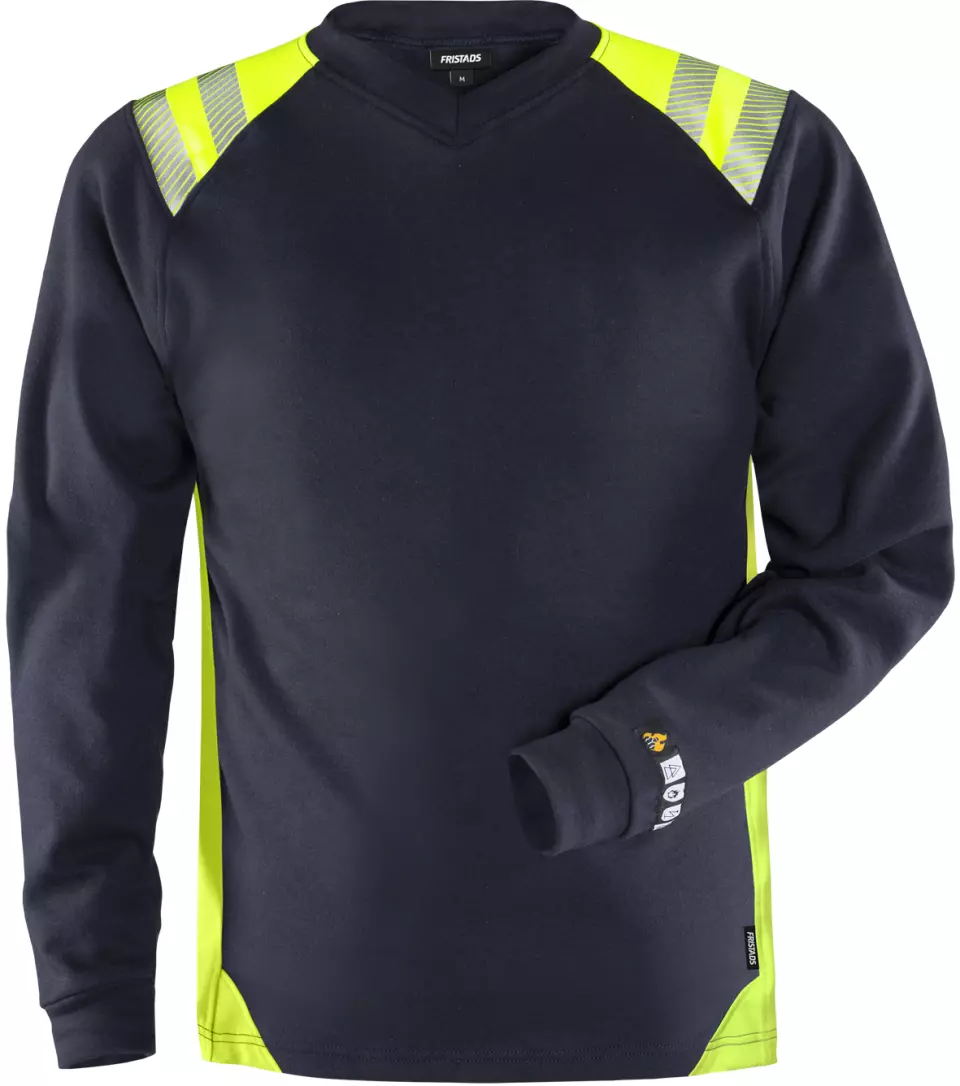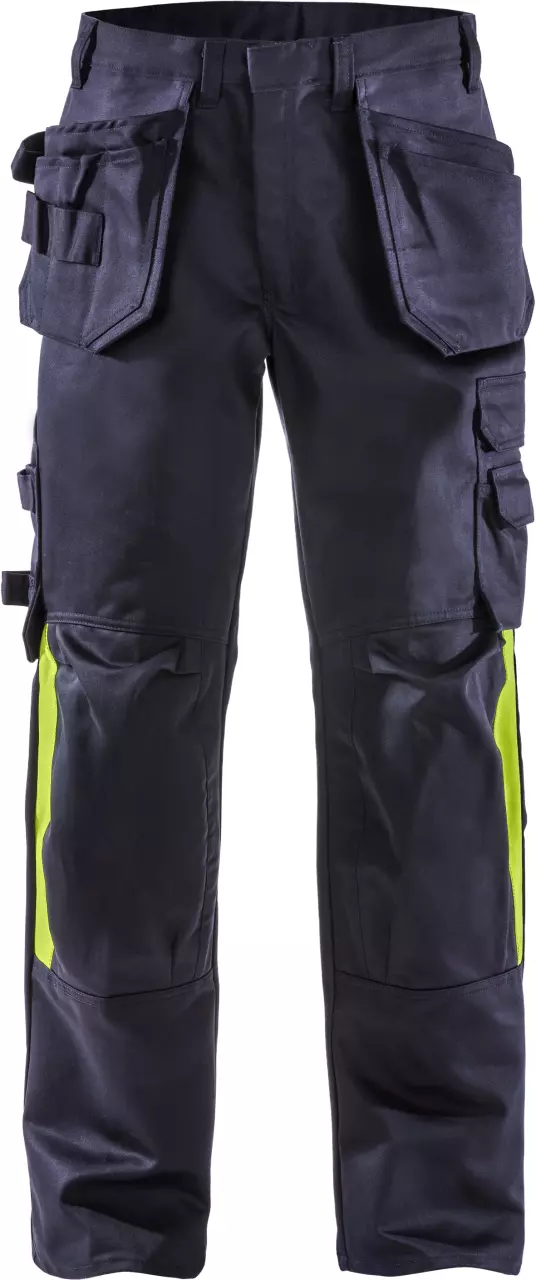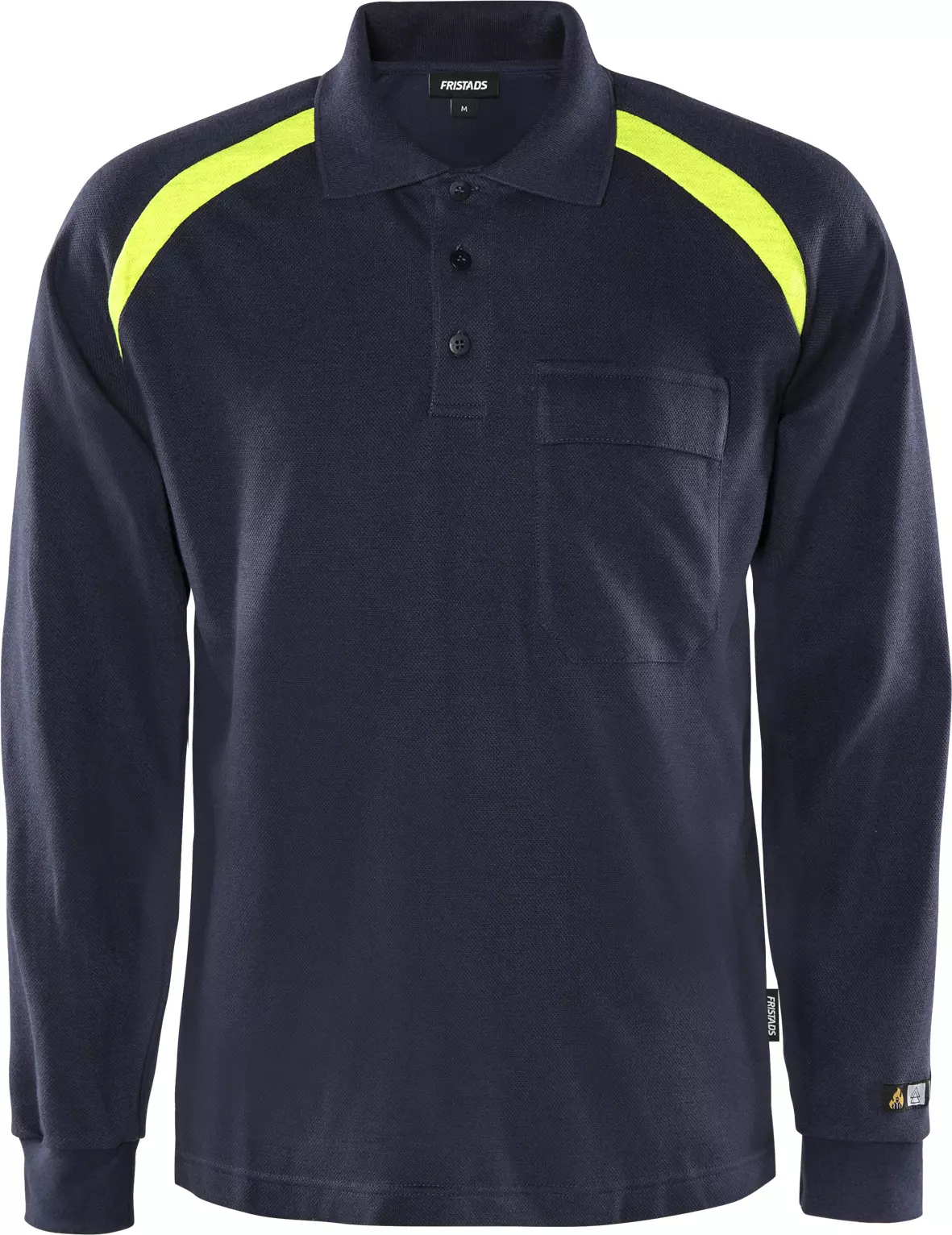
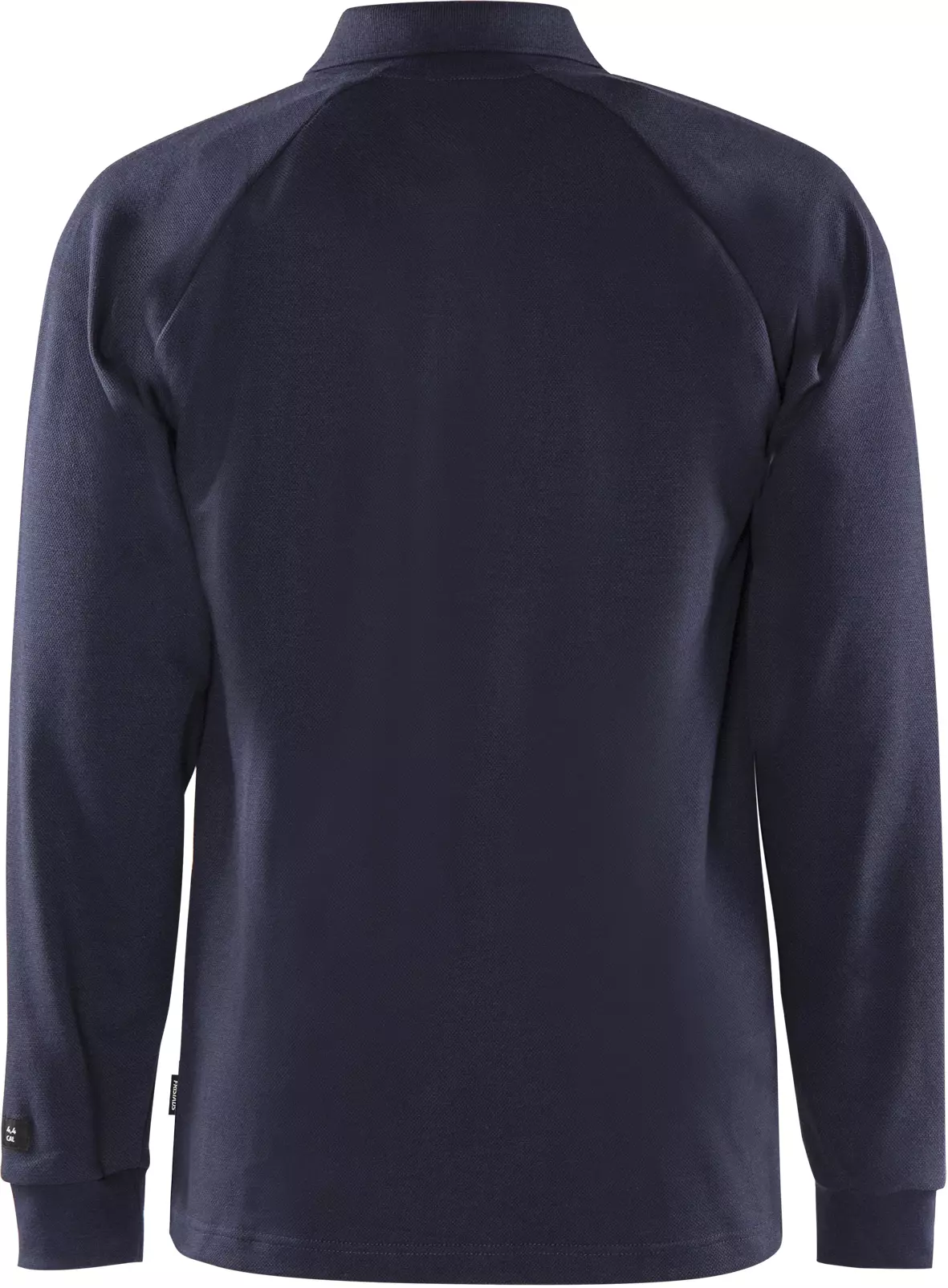
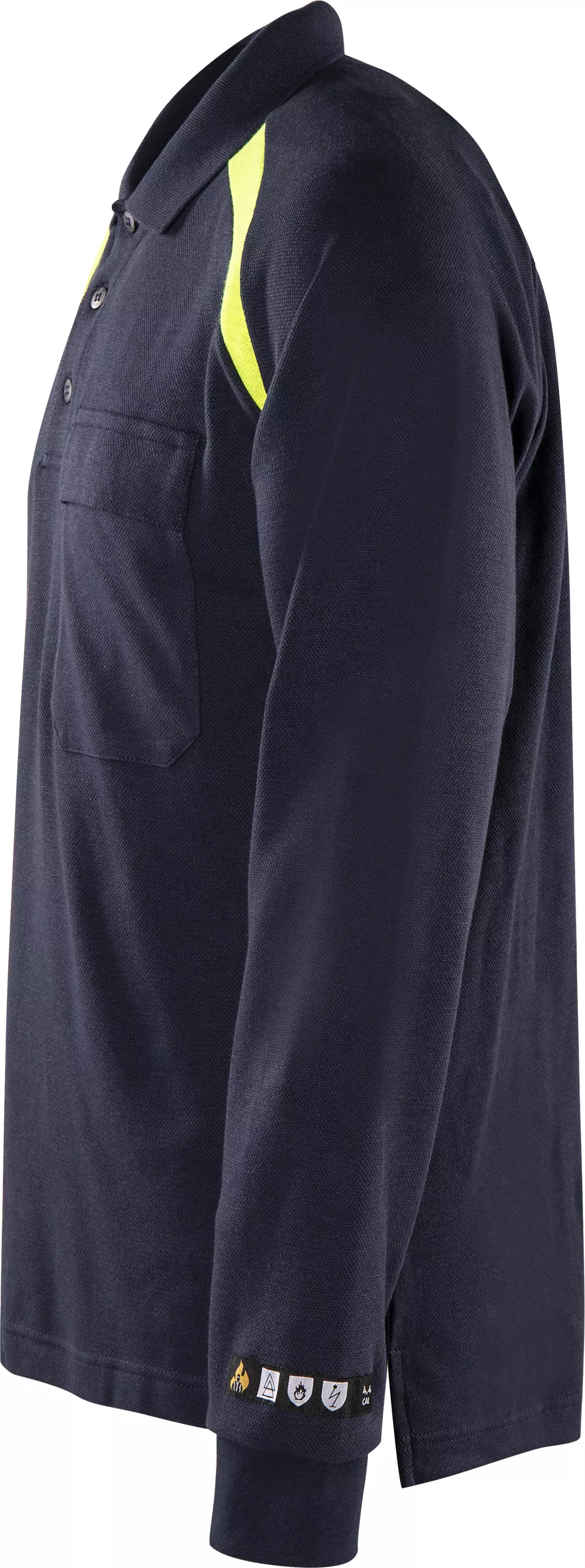
Features You'll Love
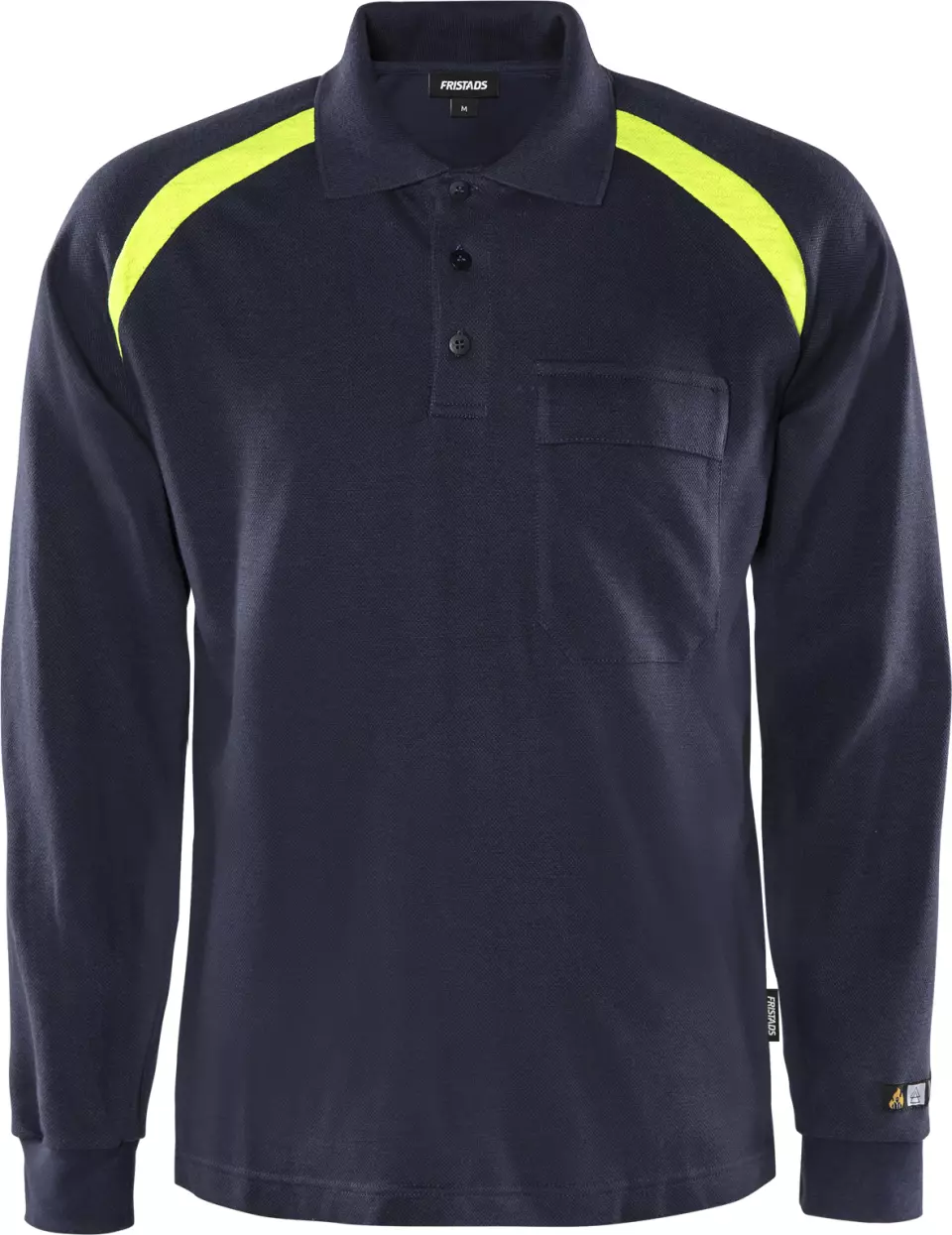
Shirt Features · Long Sleeve
Sleeve Length · Long Sleeve
Long sleeves provide essential arm protection and warmth, keeping you comfortable and covered through demanding tasks.
Determines the length of sleeves, affecting protection from hazards and temperature regulation in different work environments.
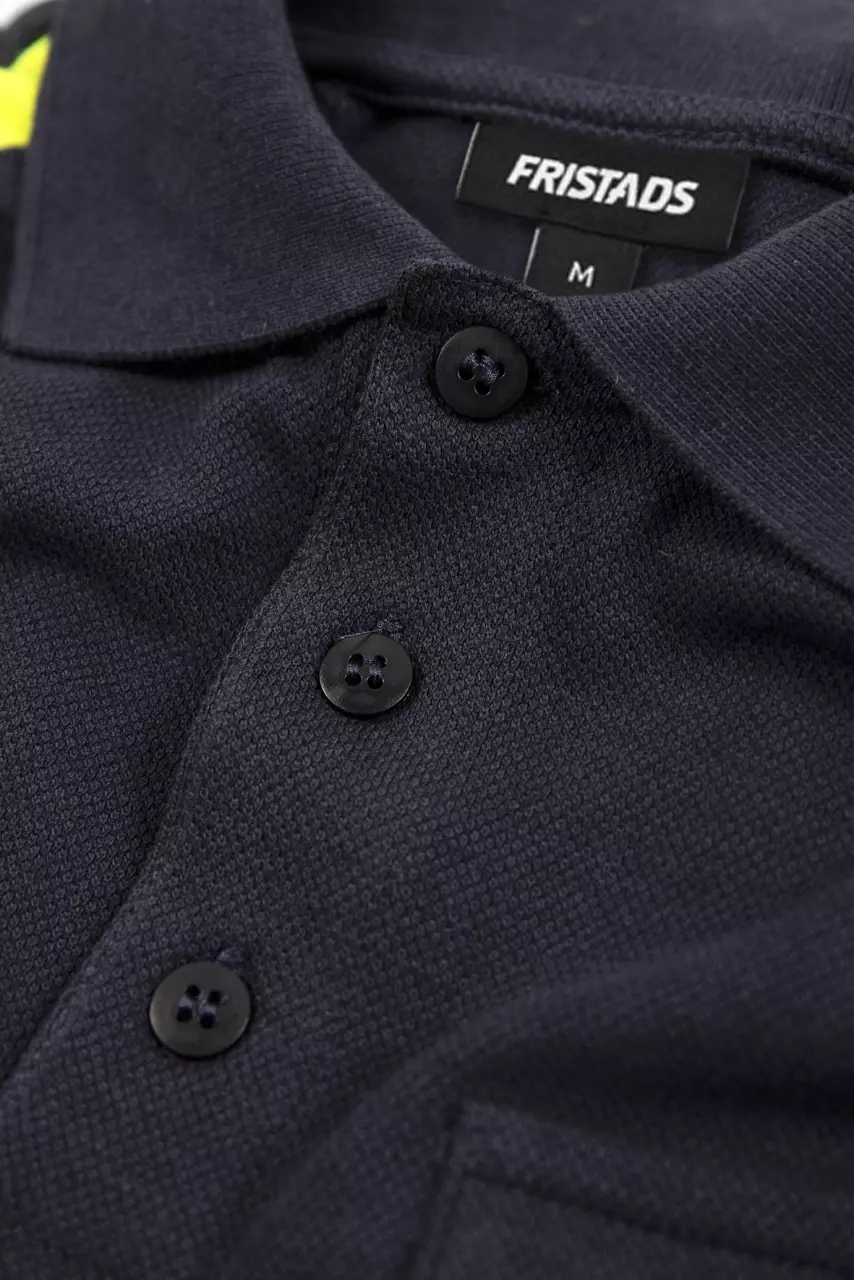
Collar Style · Oxford
The design and shape of the neckline, affecting comfort, neck coverage, and how the shirt layers with safety equipment or other work gear.
Fristads
Flame Retardant Flamestat Long Sleeve Polo Shirt 784 PFLA
Flame Retardant Flamestat Long Sleeve Polo Shirt 784 PFLA
5 / 5
111,20 €
Choose size
Free delivery
Features You'll Love

Shirt Features · Long Sleeve
Sleeve Length · Long Sleeve
Long sleeves provide essential arm protection and warmth, keeping you comfortable and covered through demanding tasks.
Determines the length of sleeves, affecting protection from hazards and temperature regulation in different work environments.

Collar Style · Oxford
The design and shape of the neckline, affecting comfort, neck coverage, and how the shirt layers with safety equipment or other work gear.
Product description
Long Sleeve Polo Shirt offers comprehensive protection against arc flash, heat and electrostatic hazards. Inherently flame resistant material combines modacrylic, cotton and antistatic fiber to ensure optimal protection and comfort. The shirt meets multiple safety standards and is ÖKO-TEX® certified to ensure environmental friendliness.
Product features:
- Short button placket
- Chest pocket
- Inherently flame resistant material
- Multi-norm protection
- Soft comfort
Technical specifications:
- Material composition: 60% modacrylic, 38% cotton, 2% antistatic fiber
- Weight: 255 g/m²
Standards:
- EN 61482-1-2 APC 1
- EN 61482-1-1 ELIM: 4.4 cal/cm² EBT: 6.2 cal/cm²
- EN ISO 11612 A1 B1 C1 F1
- EN 1149-5
- ÖKO-TEX® certified
